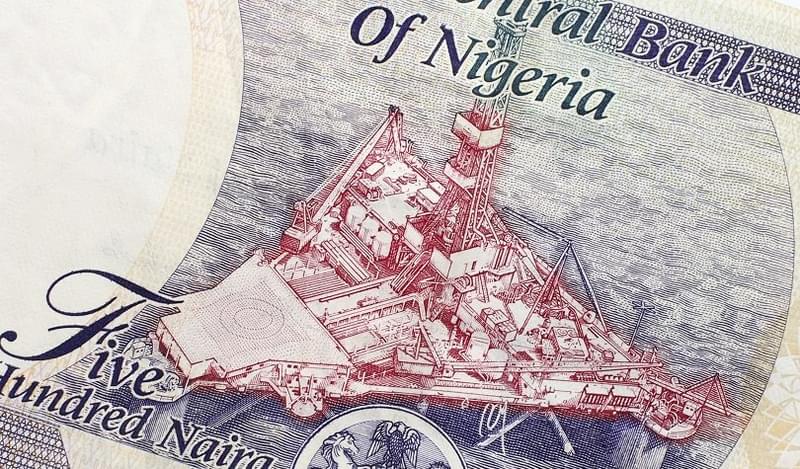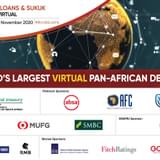Analysts suggest traditional Sharia-compliant lenders in the Middle East could at first be reluctant. Nevertheless, the sukuk is likely to carry tax incentives that will help attract sufficient demand.
Nigeria’s SEC has announced that it is expecting to issue the country’s debut sukuk in Q1 2017 rather than in Q3 2016.
The delay in the issuance of the sukuk could be down to a number of factors, including the complexity of issuing Sharia-compliant bonds in a market with no legal framework established for their issuance.
Also of significance is to whom the issuance would be marketed to. Although there is a larger demand for sukuk than such instruments exist, it is difficult to place where the majority of the demand will originate from.
“It is too early to tell whether there will be large demand from the Middle East for any sukuk issuances that emerge from Nigeria,” said Joe Delvaux, senior fund manager, Duet Africa Credit Fund at Duet Asset Management.
In Turkey for example, where sukuk have already been issued, uptake from some of the usual suspects Middle East was lower than initially anticipated.
Delvaux added that to a large extent, it comes down to how sharia compliant asset managers work. There is often a lengthy vetting process to decide whether the instruments can be held or not, which often makes debut issuances slightly less popular among Sharia-compliant investors in the region.
“It is not as straightforward as one might initially think.”
The Sharia-compliant issuance will reportedly come with tax concessions usually found on conventional debt issuances in the country.
Despite the possibility of lower than expected interest from the main Sharia-compliant investor base in the Middle East, there is likely to be some demand for the sukuk from local Nigerian investors.
“Whether this will fill the orderbook for the sukuk will depend on its marketing,” he said, adding however that there would likely be interest from conventional investors targeting West Africa alongside their Sharia-compliant counterparts.
Although there is not likely any immediate rush to implement a capital market rules governing Sharia-compliant issuances in the country, analysts following the West African country suggest they could go a long way towards appeasing investors by ensuring these instruments are properly structured.
So far, Osun State, one of the main cocoa producing regions in Nigeria, is the only sovereign entity in the country to have issued sukuk. In 2013, several months before the notes were issued, the SEC amended rules aimed at allowing non-interest debt instruments – like sukuk – to be issued by Nigerian firms. The rules pave the way for a broader legislative package to be introduced by the SEC, which is being developed in collaboration with the country’s Debt Management Office (DMO).









